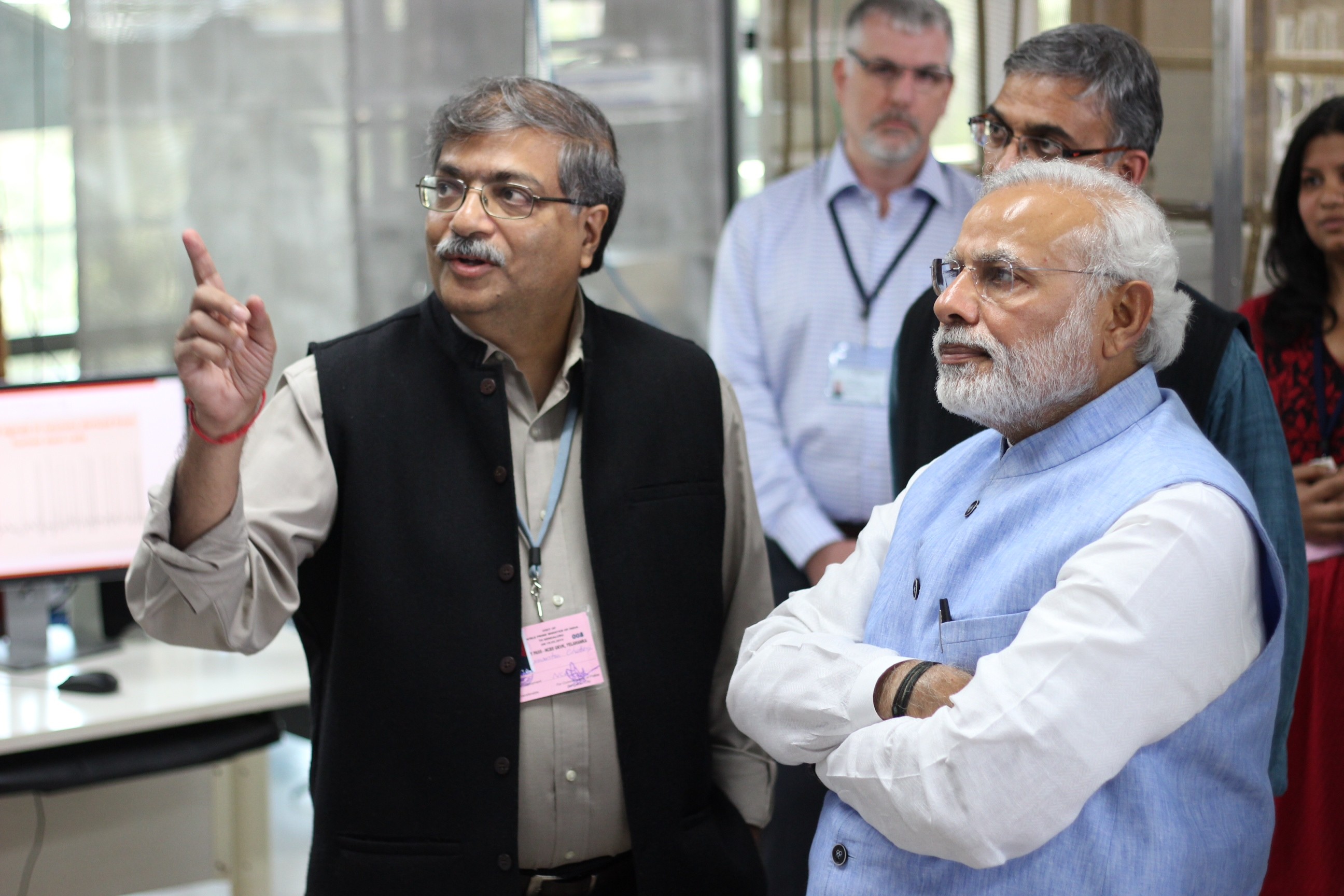Correcting Fragile X Syndrome Deficits by Targeting Neonatal PKCε Signaling in the Brain

Sumantra Chattarji, PhD
Principal Investigator
National Center for Biological Sciences
Bangalore, India
2005-2008, 2015-2016 Grant Funding: $110,000
Summary
Dr. Sumantra Chattarji at the National Center for Biological Sciences researches how the amygdala is affected by Fragile X syndrome. The amygdala is the emotional center of the brain.
The Science
by Sumantra Chattarji
Most Fragile X studies to date have focused on the hippocampus, cerebellum, and cortex. However, emotional or mood-related symptoms of Fragile X, including anxiety and aggression, are likely to involve changes in the amygdala (the brain’s central emotion processor). No comprehensive studies have examined amygdalar plasticity in Fragile X syndrome.
We are building on our findings on amygdalar function that relate to three key elements of the disease – spine morphology, mGluR-mediated synaptic plasticity, and anxiety-like behavior.
Memories come in many different flavors, some more potent than others. Emotionally significant experiences tend to be well remembered, and the amygdala has a pivotal role in this process. But the rapid and efficient encoding of emotional memories can become maladaptive — severe stress often turns them into a source of chronic anxiety. What are the cellular mechanisms underlying these powerful emotional symptoms?
Meet the Scientist(s)
India’s Prime Minister Narendra Modi visited FRAXA investigator Dr. Sumantra Chattarji at new brain center in Bangalore
Dr. Chattarji writes that it was quite a memorable experience!
“My new center, which focuses on Fragile X Syndrome and other autism-related disorders and intellectual disabilities, owes its roots to the days when you all initiated me into Fragile X research and supported me when I was a complete novice in the field! So, this is indeed a tribute to your vision and trust in me.”

